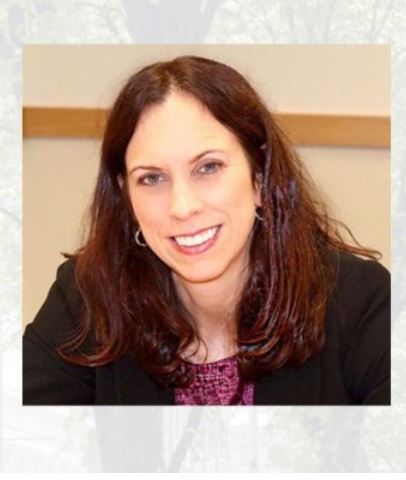
What is your current profession/job? What did you study at Yale? When did you graduate?
I’m the Deputy Director of National and International Outreach at the Library of Congress, the division which houses our public programming. We’re responsible for signature Library events, such as the National Book Festival. We also oversee the scholarly and educational programs at LOC. At Yale, I studied in Political Science, with a focus on American politics. I received my PhD in 2002.
What do you like most about your current role? What do you find most challenging and/ or rewarding?
My unit consists of approximately 400 people running sixteen programs at the Library of Congress. Every day is an exercise in multi-tasking. I’m a people person, so I enjoy working with our Library staff to promote one of nation’s finest cultural institutions. It’s rewarding every time we make a connection with someone who didn’t utilize the Library’s vast resources previously. We want the Library and its collections to resonate with all Americans.
How did your time at Yale shape your career trajectory?
I meet a wide variety of people in my job, from directors of presidential libraries to scholars of American history. Having a solid educational background really helps when interacting with such an accomplished and multi-disciplinary group of movers and shakers. Yale provided me with the intellectual confidence that I often need in these types of situations.
What are the main skills that you acquired as a PhD student which help make you successful in your current career?
My Yale education gave me analytical, writing, speaking, research, and organizational skills. Probably the most important is the analytical skill set. In senior management, it’s critical to examine and solve problems strategically, thinking about all the options and using information and data to make an educated, sensible decision.
What advice would you offer PhDs who are interested in your line of work?
Learning management skills is important. It’s valuable to watch how others exercise supervisory authority. What motivates people to do a good job and what does not? Also, remember that getting the first job is the most difficult enterprise. After that, job hunting becomes a lot easier. I would be open to a wide variety of opportunities initially, with the understanding that gaining worthwhile experience should be prioritized over anything else.
